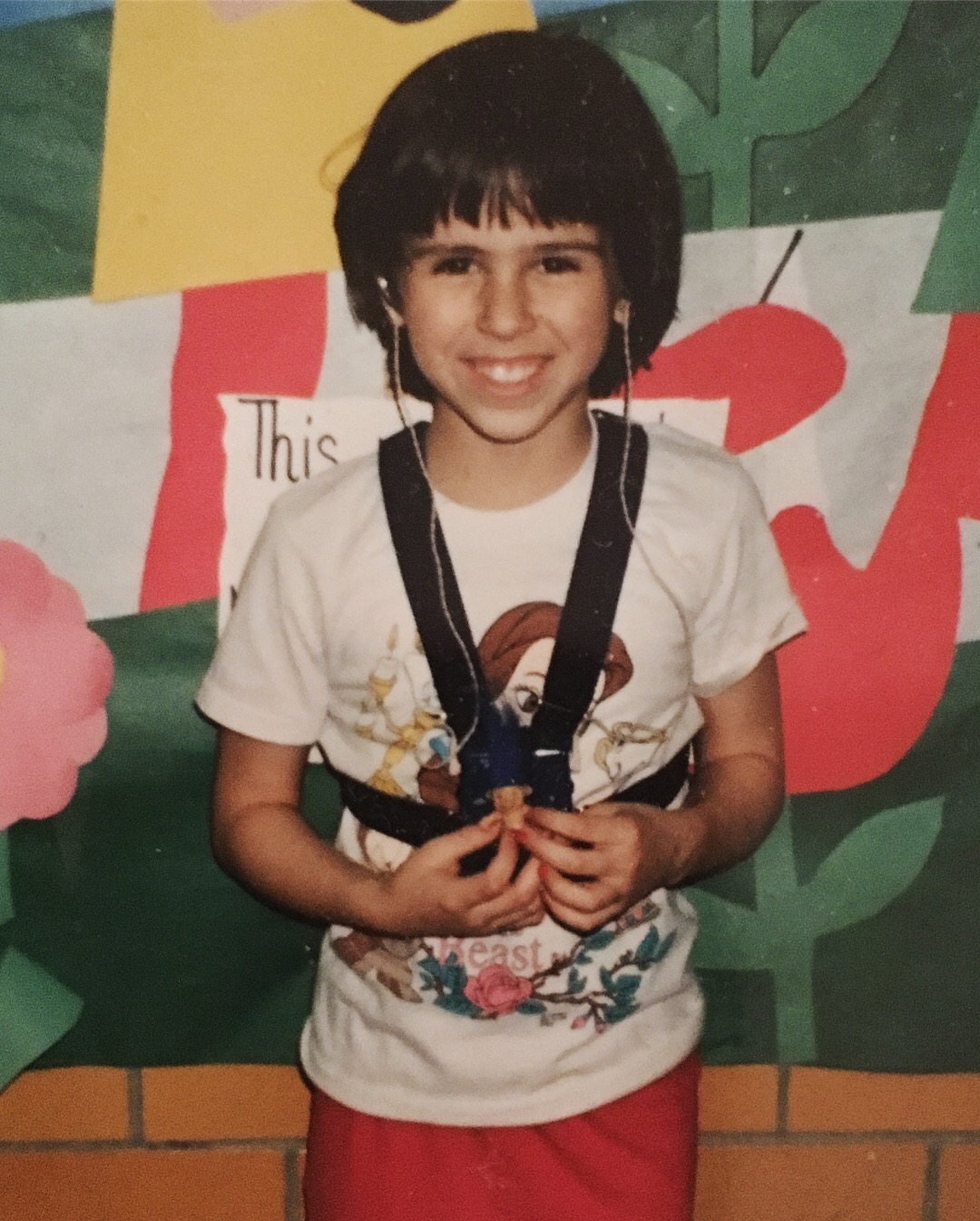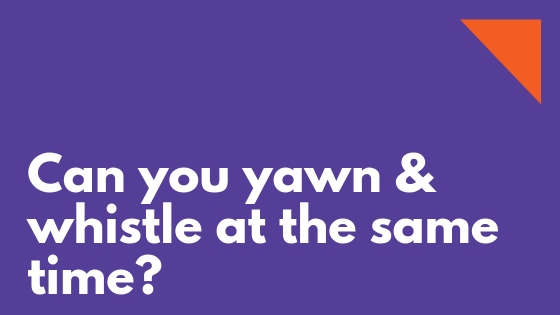Later this month the PATINS Project will host the A2E Conference at the Crowne Plaza in downtown Indianapolis. This will be the 9th State Conference, as we used to call them, in which I’ve participated. All PATINS/ICAM is looking forward to this, and the excitement is building.
No one is ever sorry that they’ve attended one of our conferences. Again, this year’s event is packed with relevant, enlightening breakout sessions that feature national and local speakers who are considered experts in their fields. Continental breakfast and lunch are provided on-site, which of course means the networking need not stop! There will be 4 Keynote Speakers this year—please view the keynote addresses topics and conference schedule here.
This will be my 1st conference that has not been prepared, organized and executed mainly by Glenda Thompson. I remember my first conference; all day long people were asking “Where’s Glenda?” “Have you seen Glenda?” “Did you ask Glenda?” And throughout the days I would see her blonde hair and friendly face making the rounds, taking care of things effortlessly, efficiently. I’ve seen this at every state conference, Tech Expo, staff meeting, or any other occasion we are together, that requires materials, food, planning and oversight. This organizing and implementing is her element, ONE of them, and when she is in ONE, she is a force. A presence. A capable, strong and comforting support who knows how to keep things evened out and moving forward.
I know everyone at PATINS/ICAM would agree that Glenda kept day to day operations of the Project running, with a good heart and a generous spirit. Oh, the times she has let me in after the deadline passed! The times she said sweetly, “No worries. I’ll fix it” after I’d submitted a form incorrectly…Again. Her text messages asking if I’d gotten home alright after an event; Glenda knows I have a long drive home and a poor sense of direction. We are all so blessed to have had Glenda show us by example how to be professional and personal, busy and calm, efficient and tolerant, even welcoming of interruption.
I’ll bet she will be thinking of us for those 2 days in November. Is all the technology set up and working correctly? Is the signage in place? Name tags ready, breakfast set up? Do our speakers need assistance with any little or big thing? For lunch, does the kitchen have special meals prepared and labelled? Are over-flow chairs needed in any of the rooms? When Glenda awakens on November 20, I’ll bet she gets a familiar flutter of nervous energy before she remembers.
And Glenda, we will be thinking of you too. Don’t worry. A2E may experience some glitches without your skilled hands in charge. Still, it will come to pass positively and many people will go back to their schools armed with new strategies, techniques and technology for their classrooms. You left us with a model of how these days should go and in this way, you will be our guide and help. Thank you for that, and years of unsurpassed commitment and service to this project.
I miss you, my friend. Talk soon!
No one is ever sorry that they’ve attended one of our conferences. Again, this year’s event is packed with relevant, enlightening breakout sessions that feature national and local speakers who are considered experts in their fields. Continental breakfast and lunch are provided on-site, which of course means the networking need not stop! There will be 4 Keynote Speakers this year—please view the keynote addresses topics and conference schedule here.
This will be my 1st conference that has not been prepared, organized and executed mainly by Glenda Thompson. I remember my first conference; all day long people were asking “Where’s Glenda?” “Have you seen Glenda?” “Did you ask Glenda?” And throughout the days I would see her blonde hair and friendly face making the rounds, taking care of things effortlessly, efficiently. I’ve seen this at every state conference, Tech Expo, staff meeting, or any other occasion we are together, that requires materials, food, planning and oversight. This organizing and implementing is her element, ONE of them, and when she is in ONE, she is a force. A presence. A capable, strong and comforting support who knows how to keep things evened out and moving forward.
I know everyone at PATINS/ICAM would agree that Glenda kept day to day operations of the Project running, with a good heart and a generous spirit. Oh, the times she has let me in after the deadline passed! The times she said sweetly, “No worries. I’ll fix it” after I’d submitted a form incorrectly…Again. Her text messages asking if I’d gotten home alright after an event; Glenda knows I have a long drive home and a poor sense of direction. We are all so blessed to have had Glenda show us by example how to be professional and personal, busy and calm, efficient and tolerant, even welcoming of interruption.
I’ll bet she will be thinking of us for those 2 days in November. Is all the technology set up and working correctly? Is the signage in place? Name tags ready, breakfast set up? Do our speakers need assistance with any little or big thing? For lunch, does the kitchen have special meals prepared and labelled? Are over-flow chairs needed in any of the rooms? When Glenda awakens on November 20, I’ll bet she gets a familiar flutter of nervous energy before she remembers.
And Glenda, we will be thinking of you too. Don’t worry. A2E may experience some glitches without your skilled hands in charge. Still, it will come to pass positively and many people will go back to their schools armed with new strategies, techniques and technology for their classrooms. You left us with a model of how these days should go and in this way, you will be our guide and help. Thank you for that, and years of unsurpassed commitment and service to this project.
I miss you, my friend. Talk soon!





